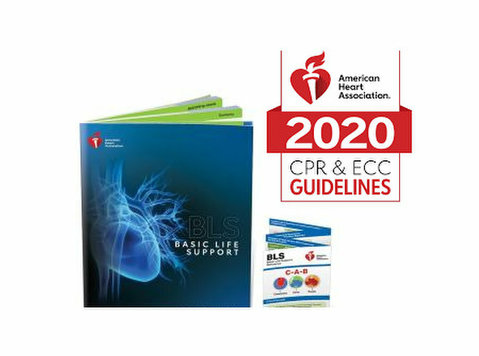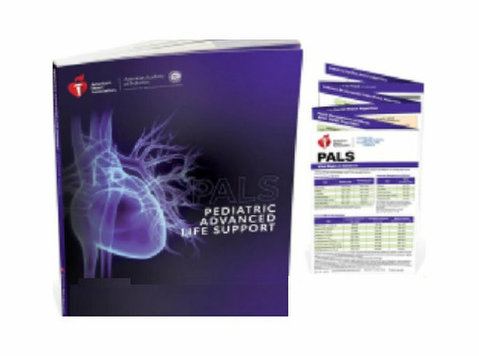Posted in: Classes > Other in United States | Posted: |
Intro to HIPAA Compliance
The Health Insurance Portability and Accountability Act (HIPAA) is a pivotal legislation in the U.S healthcare system, laying the groundwork for how patient information should be protected. Understanding HIPAA is crucial for any entity dealing with health information.
HIPAA Compliance Definition
HIPAA Compliance ensures that organizations dealing with Protected Health Information (PHI) adhere to certain security and privacy standards. It mandates a set of controls and processes to protect and handle patient health data securely.
HIPAA Compliance History
Introduced in 1996, HIPAA was enacted to modernize the flow of healthcare information. Over the years, it has evolved with the changing landscape of the healthcare and data privacy sectors, ensuring PHI remains protected against threats and unauthorized access.
What Is Protected Health Information?
Intro:
Protected Health Information, or PHI, refers to any data about health status, provision of healthcare, or payment for healthcare that can be linked to a specific individual.
Identifiers of PHI:
PHI includes various identifiers like name, address, date of birth, Social Security numbers, medical records, photographs, and more.
Who Needs to Be HIPAA-Compliant?
Covered entities such as healthcare providers, health plans, healthcare clearinghouses, and their business associates, which include any organization or person working with the covered entity, need to be HIPAA-compliant.
HIPAA Privacy and Security Rules
Intro:
HIPAA is anchored in two main rules – the Privacy Rule and the Security Rule, ensuring that personal health data remains confidential and protected against potential threats.
HIPAA Privacy:
This rule ensures that patients’ health information remains private, setting limits on the use and disclosure of PHI.
HIPAA Security:
The Security Rule focuses on electronic PHI (ePHI). It mandates entities to have physical, administrative, and technical safeguards in place to ensure data integrity and security.
HIPAA Compliance Analysis
To ensure HIPAA compliance, organizations need a thorough analysis of how they manage and protect PHI, aligning their operations with HIPAA requirements and rectifying any discrepancies.
The Seven Elements of Effective Compliance
A compliant program includes policies, training, internal monitoring, enforcement, response, and prevention. These elements ensure that an organization is proactive and reactive in maintaining compliance.
Physical and Technical Safeguards, Policies, and HIPAA Compliance
Physical Safeguards:
These involve tangible measures, like securing the location where data is stored and ensuring only authorized personnel can access it.
Technical Safeguards:
These are technology measures ensuring PHI remains secure and accessible only to those with authorization, like encryption and access controls.
Policy and Procedure:
Organizations need documented policies and procedures outlining how they handle PHI, ensuring all staff understand their roles in maintaining compliance.
HIPAA Compliance Requirements
Entities must safeguard PHI, ensuring confidentiality, integrity, and availability. They should also have defences against threats, ensure compliance by their workforce, and restrict PHI access to the minimum necessary.
HIPAA Compliance Violations
What:
A violation occurs when there’s a breach of unsecured PHI.
Types:
These can range from unintentional data breaches to willful neglect.
Penalties:
Non-compliance can result in fines ranging from $100 to over $1.5 million, depending on the nature and frequency of the violation.
Real-world Example:
Anthem Inc. faced a breach in 2015, compromising data of 78.8 million people. They were fined $16 million.
Recent HIPAA Updates
Latest Updates:
In recent years, HIPAA has expanded its focus to include cloud services and third-party vendors, emphasizing that they too must be compliant if they handle PHI.
How emPower Can Help
EmPower, with its extensive expertise in data management and security, can assist organizations in navigating the intricate terrain of HIPAA. From risk assessments to implementing best practices, emPower ensures you remain compliant, avoiding penalties and securing trust.
By understanding and adhering to HIPAA, entities not only avoid legal repercussions but also ensure that the patient’s trust and data integrity remain uncompromised. It’s not just about compliance; it’s about maintaining the sanctity of healthcare.
Contact this advertiser







